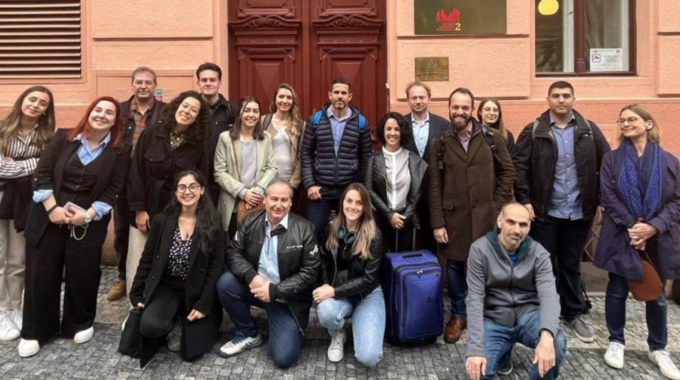
Policy brief: Attitudes, experiences and expectations on long-term care in Malta
In this policy brief, authors from the European Centre for Social Welfare Policy and Research and the University of Malta discuss findings from the InCARE survey* on attitudes, experiences and expectations on long-term care in Malta. They find that there is a mismatch between preferences and expectations for receiving care in the community, aggravated by affordability and availability barriers. While informal care remains a key component of the LTC system in Malta, many carers (especially women) experience negative impacts on their health and well-being. At the same time, many individuals in Malta strongly support the state’s involvement in organising, providing and paying for the costs of care. The authors discuss the implications of these findings for policymaking for the LTC system in Malta.

More detail and access to the publication here.
(*) A comprehensive survey on experiences, attitudes and expectations on long-term care was implemented as part of the InCARE project with the support of the European Commission’s EaSI Programme (VS/2020/0258) in 2021/2022, resulting in over 3,200 complete responses across nearly 60 countries. While the survey primary focused on the 3 pilot countries of the project (Austria, Spain, and North Macedonia), data from other countries have been also analysed in the margins of the project. More information on InCARE project here.





